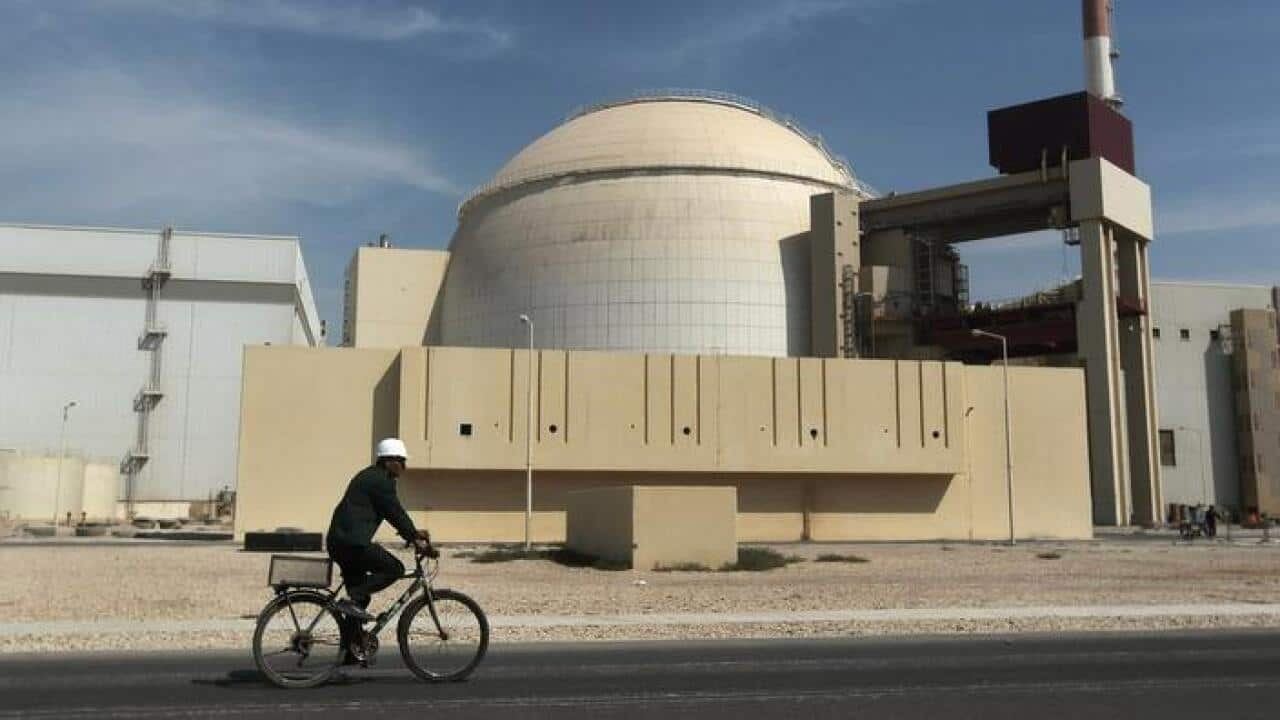Iran has disconnected almost a quarter of its uranium-enriching centrifuges in less than a month, the UN nuclear watchdog says.
It follows a deal in July that promised to lift sanctions against Iran in exchange for measures including slashing the number of centrifuges in operation and reducing its stockpile of uranium.
Officials have been speculating about the speed at which Iran can dismantle the centrifuges, sensitive machines that spin at supersonic speeds to purify uranium to levels at which it can be used as fuel in power stations or, potentially, weapons.
Disconnecting and moving the machines is a time-consuming process if it is to be done without damaging the equipment, making it one of the steps most likely to delay implementation of the deal, and therefore the lifting of sanctions.
"They have been dismantling centrifuges that did not contain hexafluoride," the senior diplomat said on Wednesday, referring to uranium hexafluoride, the feedstock for centrifuges.
"Dismantling centrifuges that have or have had hexafluoride is a much more complicated thing than the clean ones."
A confidential report by the International Atomic Energy Agency to its Board of Governors, seen by Reuters, said Iran had moved around 4500 centrifuges from their positions at the Fordow and Natanz enrichment sites between October 18 and November 15.
The speed at which Iran dismantles the centrifuges is central to the question of whether Tehran can implement the deal reached in July with the United States, Russia, France, Britain, Germany and China before parliamentary elections in February.
Under the July deal, Iran agreed to reduce its number of installed centrifuges to around 6100 from 19,000, according to the United States. Of the remaining 6100, only about 5100 will be used to enrich uranium.
Iran was also carrying out an annual inventory at all its enrichment sites, meaning that enrichment had stopped across the country, the report said.
Iran's stockpile of low-enriched uranium had increased by 460.2kg in the past three months to 8305.6kg, the report said. Under the deal with major powers, that stockpile must be slashed to no more than 300kg.
Share

